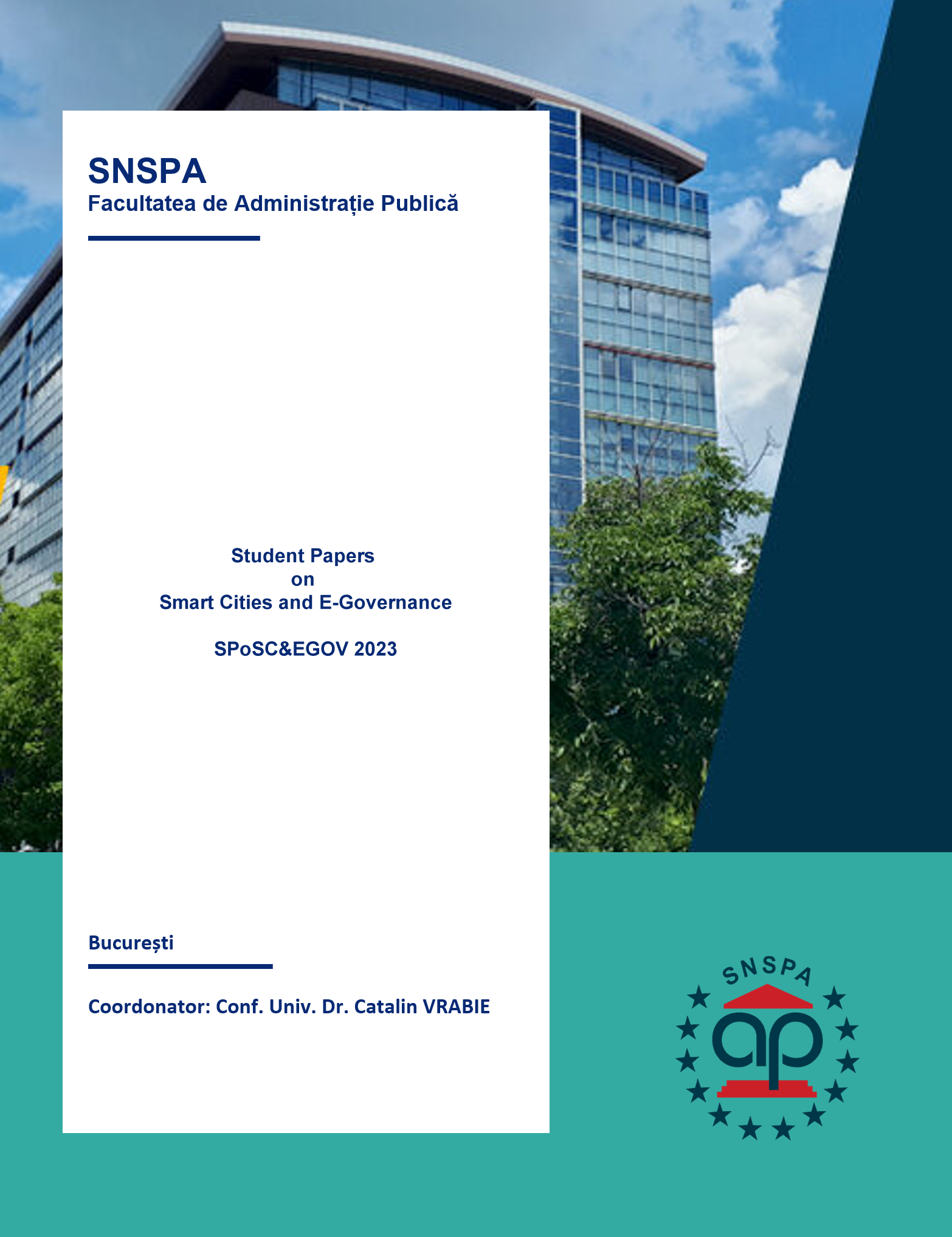E-Government and Integrity in Romania – Challenges of Digital Transformation and Public Trust
Keywords:
Government to Citizen (G2C), feedback, e-participation, public sector, collaborationAbstract
This research explores the bond between e-government development, integrity in the public sector and citizens’ trust, with a particular focus on the Government to Citizen (G2C) component. The aim of this research is to understand the causes behind Romania’s underperformance and low-ranking in EU digital governance indexes (EGDI, EPART, DESI, EQI) and to assess citizens’ perception regarding the transparency, accessibility, and integrity of digital public services. This paper is guided by Cătălin Vrabie’s work, “Elemente de e-guvernare” (2014), which highlights the challenging nature of e-government and the necessity for implementing it in the public sector, as it is essential in promoting transparency, efficiency, trust and integrity. Additionally, the study follows the goals outlined in the Digital Agenda for Europe: 2020-2030, which expresses the need for all public services to be available online, and World Bank’s statement that the success of e-government is determined by the level of trust and common understanding of all actors early in the process. The research uses a mixed-method approach by combining an online questionnaire addressed to Romanian citizens, performance data analysis and a comparative analysis in terms of best practices, from Bulgaria, Germany and Türkiye. This approach offered the opportunity to identify key challenges hindering e-government implementation in Romania and applicable strategies to overcome them. Findings show that despite the comprehensive legislative framework and the existent digital public services, Romania is facing strong barriers rooted in the heavy bureaucratic rigidity, weak citizen engagement, lack of accountability, lack of trust and fragile institutional integrity. The comparative research showed that transparent and citizen-focused strategies, where citizens are seen as collaborators, can reinforce Romania’s digital governance roadmap. By connecting theoretical perspectives and real-life circumstances, this paper is valuable for policy makers and scholars, as it provides a comprehensive understanding of how digital transformation can succeed in low-trust environments.
Downloads
Published
Issue
Section
License
Copyright (c) 2025 Andreea-Cristina FLOREA

This work is licensed under a Creative Commons Attribution-NonCommercial-NoDerivatives 4.0 International License.


